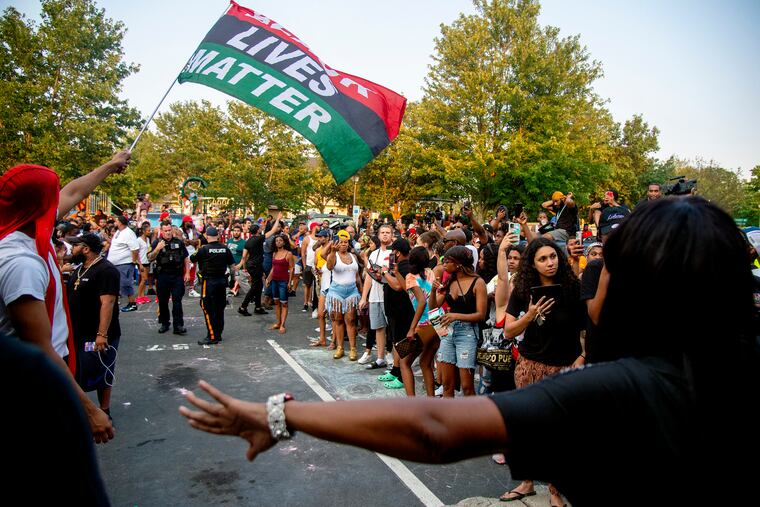Jury selection starts for Harvey Weinstein’s retrial after court reverses significant #MeToo conviction.
New York Jury Selection for Harvey Weinstein's Rape Retrial Begins Amid Bias Concerns
As jury selection commenced on Tuesday for Harvey Weinstein’s New York City rape retrial, multiple prospective jurors expressed doubts about their ability to remain impartial regarding the former Hollywood mogul, who has become a symbol of the #MeToo movement.
During the initial proceedings, over a dozen potential jurors signaled their inability to judge Weinstein fairly, a sentiment underscored by Mark Axelowitz, an actor involved in the film “The Alto Knights,” who stated that he did not like Weinstein and believed he was a “really bad guy.” Another prospective juror disqualified herself on the grounds of having previously experienced sexual assault, while a third voiced skepticism about the feasibility of impartiality in this high-profile case.
Weinstein is facing retrial after the New York Court of Appeals overturned his 2020 conviction for rape and sexual assault, which had resulted in a 23-year prison sentence. The court’s decision was based on findings that prior testimony and various judicial rulings had tainted the original trial. This retrial is occurring in a markedly different atmosphere compared to his first trial, which unfolded amid widespread discourse surrounding sexual misconduct.
Weinstein, now 73 years old, maintains his innocence, asserting that he has neither raped nor assaulted anyone. He is reportedly in declining health, frequently requiring hospitalization for various ailments, a stark contrast to his prior status as one of the film industry’s most powerful figures. Regardless of the outcome of this retrial, Weinstein remains in legal jeopardy; he still contends with a separate 2022 conviction in Los Angeles that carries a 16-year prison sentence, a result compounded by his overturned New York conviction.
The charges being reexamined include allegations of raping an aspiring actress in a Manhattan hotel in 2013 and coercing a production assistant into oral sex in 2006. Additionally, Weinstein faces a count of criminal sexual act based on fresh allegations from another woman who has opted for anonymity, claiming he forced oral sex on her as well.
Accuser’s attorney Lindsay Goldbrum emphasized the significance of the upcoming trial, stating that her client’s testimony would illustrate the non-consensual nature of the encounter, characterizing it as “sexual assault with force.” Goldbrum expressed confidence that justice would prevail, underscoring the importance of visibility for victims of sexual assault.
Presiding over the proceedings, Judge Curtis Farber has allocated at least four days for jury selection, with expectations of beginning opening statements and witness testimonies the following week. The jury selection process requires narrowing down a pool of potential jurors to 18 individuals—12 jurors and six alternates—through a series of questions designed to assess their backgrounds and biases.
Throughout this process, groups of around 80 potential jurors will be queried for their availability and impartiality, with those raising concerns sent home. Remaining candidates will then undergo further scrutiny about their work histories and any ties to law enforcement or prior victimization.
The legal teams for both the prosecution and defense will have time to question these potential jurors, examining any factors that could influence their biases. If necessary, additional groups of candidates will be brought in until a fair and balanced jury is established.
As the trial proceeds, it is imperative to observe how public sentiment and potential juror biases will influence the outcomes in a case that has garnered significant media attention and cultural relevance. The unfolding proceedings will not only test the legal apparatus but also continue to shape the broader conversation surrounding accountability in cases of sexual misconduct.
This retrial represents a pivotal moment for all involved, especially as they confront the complexities of justice against the backdrop of societal transformation regarding sexual assault narrative.







